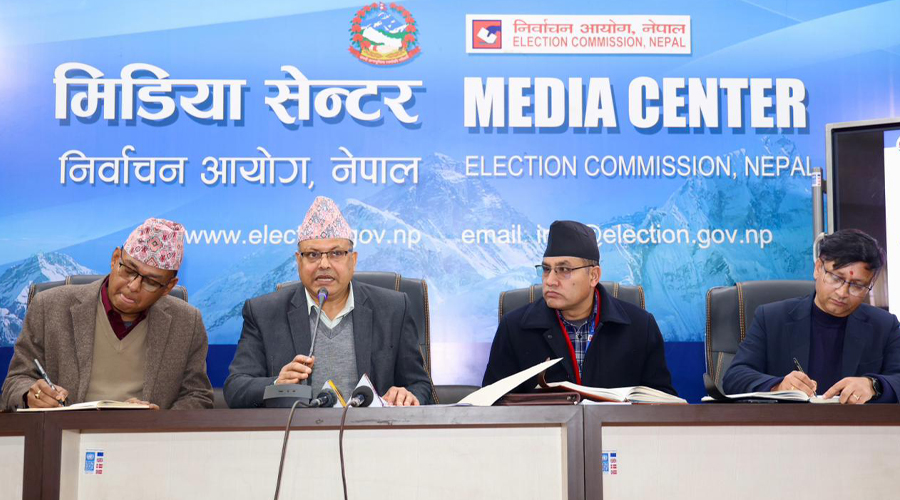
In recent years, especially after the Covid pandemic, Nepal has found itself grappling with a significant challenge in its banking sector and overall economic landscape due to the soaring prices of real estate.
This issue is multifaceted, stemming from a combination of speculative buying, the pervasive influence of intermediaries, and inflated transaction values. As a result, the current banking policies on lending and valuation methodologies demand urgent reconsideration to mitigate potential economic instability.
The heart of the issue lies in the inflated purchase prices of real estate properties, driven by speculative motives and fueled by intermediaries. Buyers, influenced by inflated valuations presented by agents, often find themselves trapped in a cycle where they cannot resell the property at lower prices, leading to a stagnant market. Concurrently, banks extend financing based on these inflated transaction values, disregarding the actual market worth of the property.
Consider an imaginary scenario where Kamal, under the guidance of an intermediary, purchases a property from Nilesh in Pokhara for Rs 10 million. Influenced by market hype and misinformation, Kamal secures a loan from a local bank based on this inflated transaction value. However, the actual market worth of the property may only be Rs 7 million, highlighting a glaring disparity between perceived and actual property values.
This discrepancy underscores the pressing need for robust valuation methodologies and regulatory interventions to recalibrate the real estate market and mitigate banking risks.

Here are some recommendations:
- Incorporate government-set prices: Introducing government-prescribed rates for property transactions can serve as a stabilising force. For instance, if the government sets a price of Rs 7 million for the property purchased by Kamal, banks should base their lending decisions on this predetermined value rather than inflated transaction prices.
- Strengthen valuation practices: Enhancing transparency and accuracy in property valuation is essential. Implementing standardised valuation methodologies, such as comparative market analysis and income approach, can provide a more realistic assessment of property values, mitigating the risk of overvaluation.
- Enhance governance and oversight: Strengthening corporate governance standards within Nepali banks is imperative to mitigate systemic risks. Banks should prioritise transparency, accountability, and prudent risk management practices. Regulatory bodies, particularly the Nepal Rastra Bank, should enforce stricter oversight and impose penalties for non-compliance.
- Promote investor education: Educating borrowers like Kamal and sellers like Nilesh about the risks associated with speculative real estate investments is crucial. Providing access to accurate information and financial literacy programmes can empower individuals to make informed decisions and mitigate exposure to market volatility.
- Diversify investment opportunities: Encouraging investment diversification beyond real estate can help reduce reliance on speculative activities. Promoting investments in sectors such as agriculture, manufacturing, and technology can foster economic resilience and sustainable growth.
In conclusion, addressing Nepal’s real estate bubble and banking risks requires a concerted effort to revamp valuation practices, strengthen governance frameworks, and promote prudent investment behaviour.
By incorporating government-set prices, enhancing valuation methodologies, bolstering governance standards, and promoting diversified investments, Nepal can navigate away from potential financial crises and foster a more resilient economic future for all stakeholders.





















